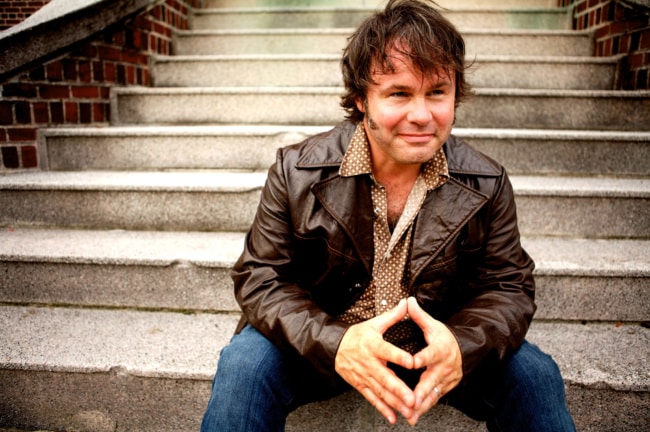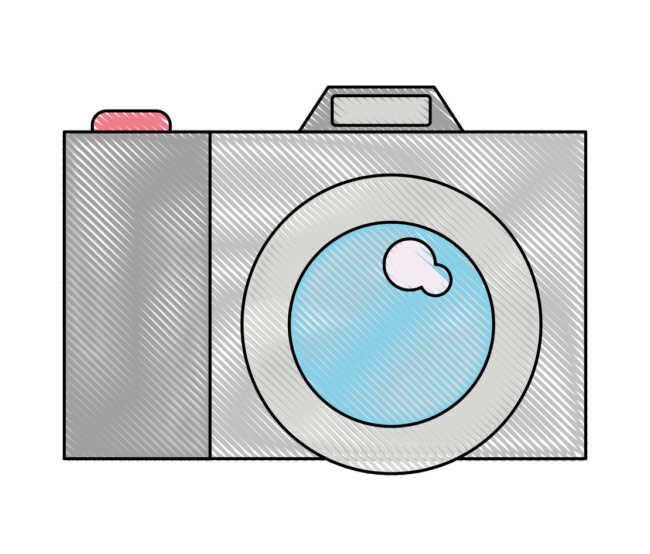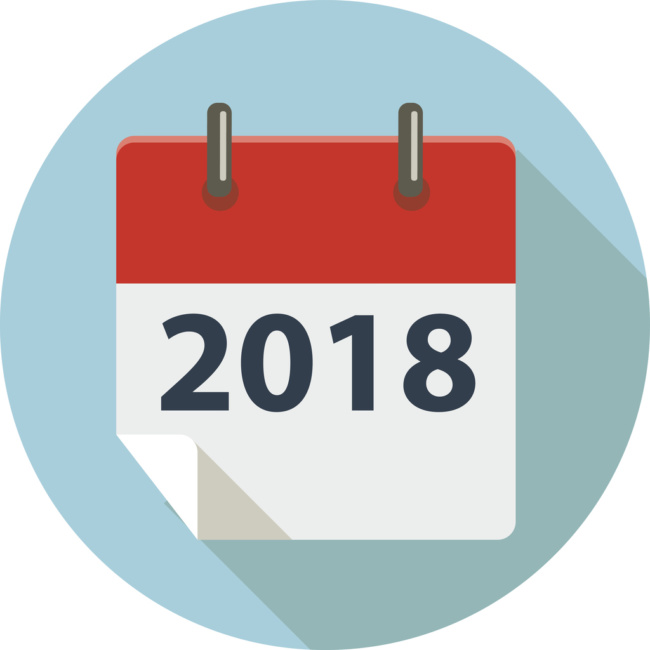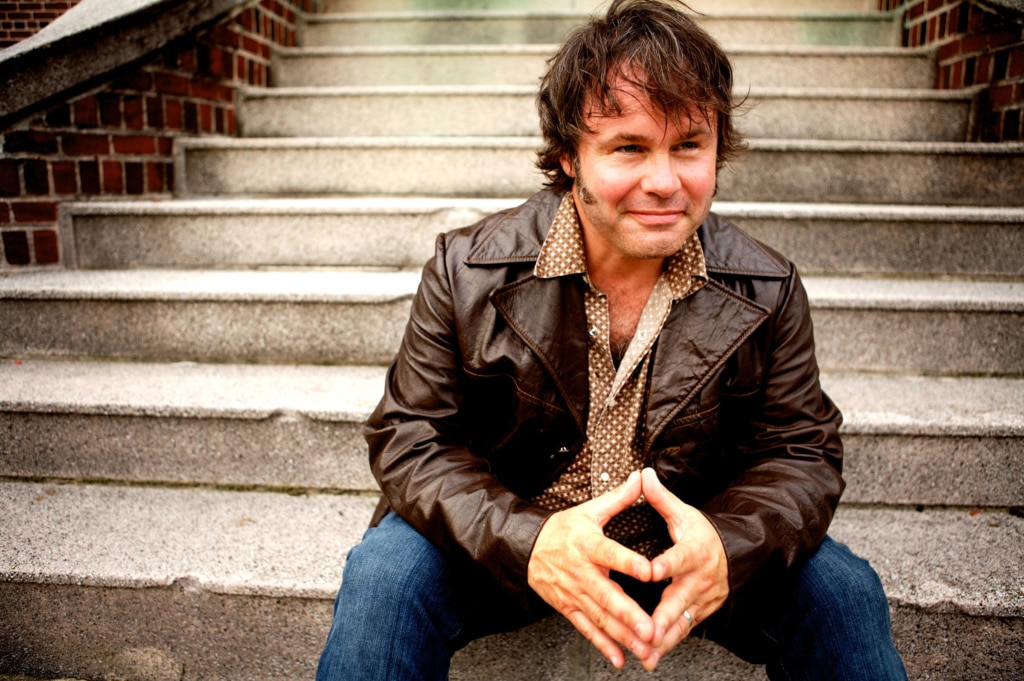Born and raised in Syracuse, Martin Sexton still considers himself a Syracusan at heart even though he has gone on to take the musical world by storm. His two-decade-plus career has brought him recognition as one of the best singer-songwriters around, with a live show known for its spontaneity and raw talent.
Sexton was supposed to perform with his new trio last September at Beak & Skiff until bad weather squelched the gig. He’ll instead appear at Eastwood’s Palace Theatre, 2384 James St., on Friday, Dec. 15, 7:30 p.m. (Tickets are $25 in advance, $30 at the door; visit palaceonjames.com for information.) Sexton will be flanked by Chris Anderson (upright bass) and Boo Reiners (mandolin, banjo, guitar). Chris Trapper and local artist Mike Powell also share the bill.
Sexton took some time to talk about his Central New York childhood, his latest inspirations and his advice for future musicians.
Right now it’s cold and gray in Syracuse, but we’re happy to have you back.
Ah, yes, cold and gray. I remember my first trip to California. I thought, “What a nice sunny day.” The next day, I thought, “What a nice sunny day.” The next day, I thought, “Oh my God, I never realized how much I appreciated the sun!” I’m a Syracusan at heart and still have a deep appreciation for the sun.
How did growing up in Syracuse influence you as a person and musician?
It’s kind of who I am. Salt potatoes and Hofmanns (hot dogs) are in my blood. I think coming from that area and listening to WAER-FM 88.3 as a kid, there was a big jazz influence. When I was growing up, there was meat-and-potatoes rock’n’roll and jazz. There weren’t folk or roots outlets that I was aware of, so classic rock mixed with great jazz singers became the roux of my sauce.
What music moved you most as a kid?
I remember finding an old copy of Abbey Road in my basement. I wasn’t familiar with The Beatles until I found that vinyl with the Apple (logo) on it. I put it on the turntable in the attic. It was unbearably scratched, but that amazing, beautiful rock’n’roll shined through. I fell in love with The Beatles in the late 1970s when I was in sixth grade. I started getting guitar lessons and learning tunes off of Led Zeppelin records, Jimi Hendrix and The Beatles. The rest is history.
You’re bringing the Martin Sexton Trio this time. Tell me about it.
This is more bluegrass and country-folk music. There are more three-part harmonies. It’s fun. Chris (Anderson) is a great bass player out of New York, more on the pop side. Boo (Reiners) is a multi-guy. He’s been working a lot with Dispatch. He’s got a real deep wealth of knowledge with American roots music and brings a twang to the sound. But we still maintain the spontaneity of the solo show.
What was it like getting the show together?
We started rehearsals up at my camp in the Adirondacks last summer. We’d be on the screened porch working out musical arrangements, get burnt on that and hop in the boat. We’d go on the lake, work on harmonies, get burnt on that and jump in the lake. It was a neat place to work. Boats would pull up to listen to us: a free show in the middle of the lake! Our first show was around Labor Day. Now we’ve gotten to that nice point, real comfortable. We know what each other will do.
You’ve been at this for a long time. What continues to inspire you?
It’s still a lot of the same stuff, everything and anything. People I meet on the road, things I see on TV, but most recently, it’s been my family, family events, family members. On the Mixtape of the Open Road record I’ve got a song for my mom called “Virginia.” I’ve got a song about my son (Shane) called “Set in Stone.” It’s about how everything changes in the world — people’s views, the weather — but one thing that doesn’t change is the love for family. That’s set in stone and it’s not going anywhere.
Is your son into music?
He sings in the chorus at school, but it’s hard to get him up on stage. I don’t force it. I know he’s got the musical inclination gene that my grandfather had, my father had and I have. I try to entice him rather than force. Maybe in a couple years I’ll step on the gas a little more. My mom didn’t force me, but she did enforce practicing. I took guitar lessons she paid for, so she made sure I practiced that guitar. To this day, I thank her for that guidance.
When did you know music was it for you?
Once you learn three chords, you can play half the songs ever written. I’d play a record and think, “I can do that.” I got my book of chords and started making up my own stuff. I even started trying to write my own songs at an early age, 13 or 14. With very little success, I might add.
Do you remember any of those songs?
I still play one or two songs I wrote as a teenager. One song, called “13 Step Boogie,” is kind of a lot of inside jokes. I’ve had many experiences with 12-step programs. It’s a little jazz tune, fun to sing, nice beat and melody, cheeky lyrics. I often say when I introduce it that I wrote it when I was 19 because there are lines about trying to pick up a teenage girl. It helps people to know that I was myself a teenager!
What’s next for you?
I think my next project will be some kind of cover project: classic country. It’s what I’ve been dreaming on. I’ll record some George Jones, Merle (Haggard), Willie (Nelson), some real classic country songs sung in the way I sing them. I’ll go to Nashville, hook up with some cool dude and go old school: vintage instruments and amps, right to tape, recorded live, fuzzy sounding.
How does it feel to come home?
When I moved out, there was no fertile field of rootsy, lesser-known music. Everything (touring artists) was household names at the Carrier Dome or the Landmark Theatre. I’m happy to hear there’s a groundswell (of local music) going on now.
What advice do you have for people who want to do what you do?
Be true to your heart. Don’t listen to people who say you can’t do it. If you really feel a commitment, then do it. I’ve seen a lot of artists or bands do it half measure. They really have something, but they have kids or day jobs. They can’t commit.
You need to tour your ass off. Get a publicist. Try to get a label, get management, something to help this catch fire. It takes risk and courage. You could fall flat on your ass and probably will in this business.
My hat is off to anyone who’s just starting out. Step on the gas. Make use of all the wonderful avenues you have now that I didn’t.
How did you “step on the gas”?
My career was a million baby steps, not one big break. For me, it’s really grassroots and it’s remained that way ever since I started. The fans are galvanized. It’s like they’re related to me. They keep coming back. It’s not fleeting, like something I just heard on YouTube. People have a life experience attached to the songs and stay interested and engaged. I’m grateful for that. SNT

Continue Reading









